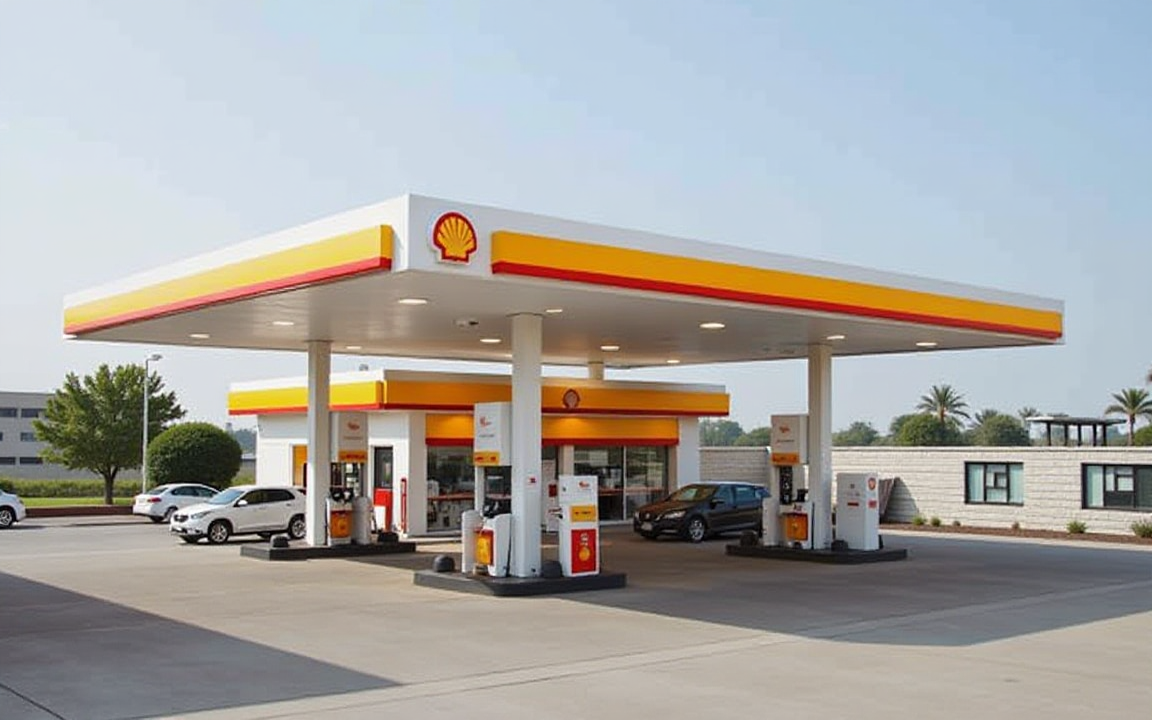Despite a notable decline in its second-quarter net profit, global energy sector giant Shell managed to surpass financial analysts’ expectations, signaling resilience amidst challenging commodity markets and fluctuating energy prices.
The significant dip in Shell earnings, nearly a third compared to the previous year, was primarily attributed to a combination of factors. Lower crude oil prices played a crucial role, alongside weaker performance in its gas trading segment. Additionally, losses from its chemicals operations, stemming from operational outages, further impacted the bottom line.
Demonstrating confidence in its financial health, the oil & gas industry major announced its decision to maintain its robust share buyback program at $3.5 billion for the upcoming quarter. This strategic move marks the fifteenth consecutive quarter the program has been sustained at a minimum of $3 billion, reassuring investors. Following this announcement, Shell’s shares experienced a rise of approximately 1.7%, outperforming the broader European energy company index.
Sinead Gorman, Shell’s finance chief, acknowledged the persistent “challenging macro” environment, underscoring the backdrop of geopolitical and economic uncertainty impacting global markets. She highlighted the “knock-on impact on both physical trade flows as well as commodity prices and margins,” yet affirmed the delivery of a “robust set of results” despite these headwinds.
Shell’s proactive approach to corporate finance included successful cost reductions of $3.9 billion in 2022, forming part of a larger initiative aimed at saving between $5 billion and $7 billion by 2028. Shareholder distributions, encompassing dividends and buybacks, totaled $2.1 billion over the past four quarters, aligning with the company’s guided range of 40% to 50% of operating cash flow.
The adjusted earnings, or net profit, for the quarter stood at $4.264 billion, comfortably exceeding the average analyst estimate of $3.74 billion. This figure, however, represented a 32% decline year-over-year, primarily due to reduced trading activity in its integrated gas division and financial losses from its chemicals operations following a plant shutdown in the US.
Despite general weak demand and margins in the chemicals industry, Shell is actively restarting operations at its Monaca polymer plant. The company is also exploring strategic options for its chemical assets, including seeking new partners or considering divestments. Gorman noted a cautious, “risk-off” approach to oil trading adopted by Shell during the quarter, driven by a perceived disconnect between price movements and underlying supply-demand fundamentals.
In a contrasting development within the energy sector, rival BP reported strong oil trading performance. Crude oil prices saw a decline during the quarter following the reversal of market-propping cuts. While prices briefly spiked in June due to geopolitical tensions, Brent crude was trading at $71.85 a barrel at the time of writing. Looking ahead, Gorman anticipates a potential tightening in LNG markets post-summer, after a period of muted Asian demand allowed Europe to replenish its liquefied natural gas reserves.





Leave a Reply